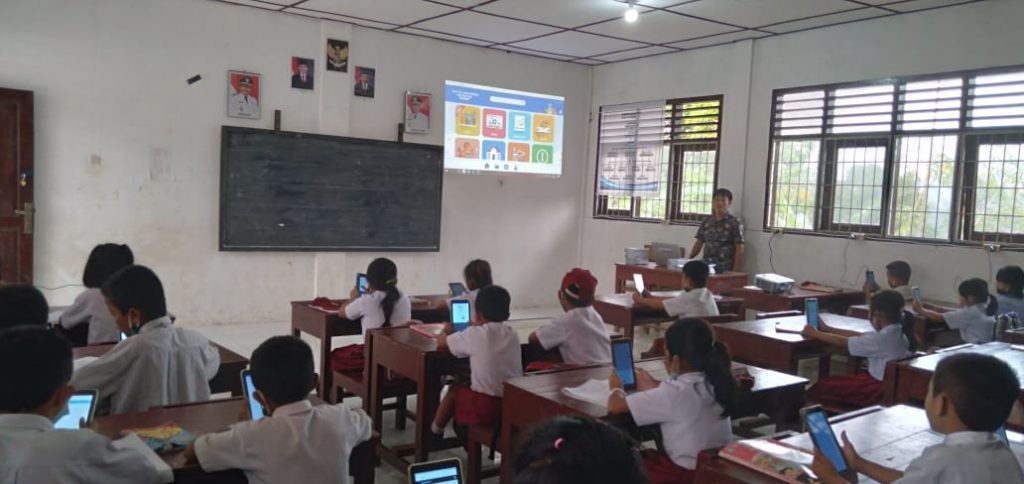Building digital infrastructure is a costly, long-term, and complex task — while the need for digital literacy in education is immediate, urgent, and highly important in today’s society. An urgent solution is required to solve this problem at hand without us having to wait for adequate infrastructure to be set in place.
THE FUTURE OF EDUCATION – GOING DIGITAL WITHOUT THE INTERNET
The good news is there are several solutions available to help mitigate the loss of learning opportunities due to the lack of proper infrastructure. EdTech solutions should focus on serving the needs of the underserved, by helping to provide apt structure and resources that continue to empower students and their learning, even without access to the internet

One such way is to provide learners with access to digital curriculum content available entirely offline. At KIPIN, we’ve worked with over 1,200 schools and over 250 schools in low-internet areas through Kipin Classroom, a portable educational wifi device capable of distributing over 60,000 books, videos, quizzes, and assessments without an internet connection, to help schools run their everyday curriculum learning.
Providing students with access to a digital library is a step forward in ensuring the continuation of learning. With such readily available materials made portable and available offline, students can continue their learning anywhere. Furthermore, using digital resources reduces the need for traditional textbooks, easing the burden on parents and students to purchase the required learning materials yearly by at least 30 times.
With access to such materials and shifting away from the traditional method of teaching and learning, schools should look to equipping teachers with the adequate skills to conduct digital learning programs. Empowering teachers with the skills and tools to create, conduct and manage lessons through digital technologies will no doubt go a long way in providing quality education for all.
The new era of education requires students, teachers, and schools to begin their journey towards digital literacy today — every second that they waste, the gap widens. Let’s work towards solutions that meet students and teachers where they are at today and build a more digital education possible — even without the internet.


